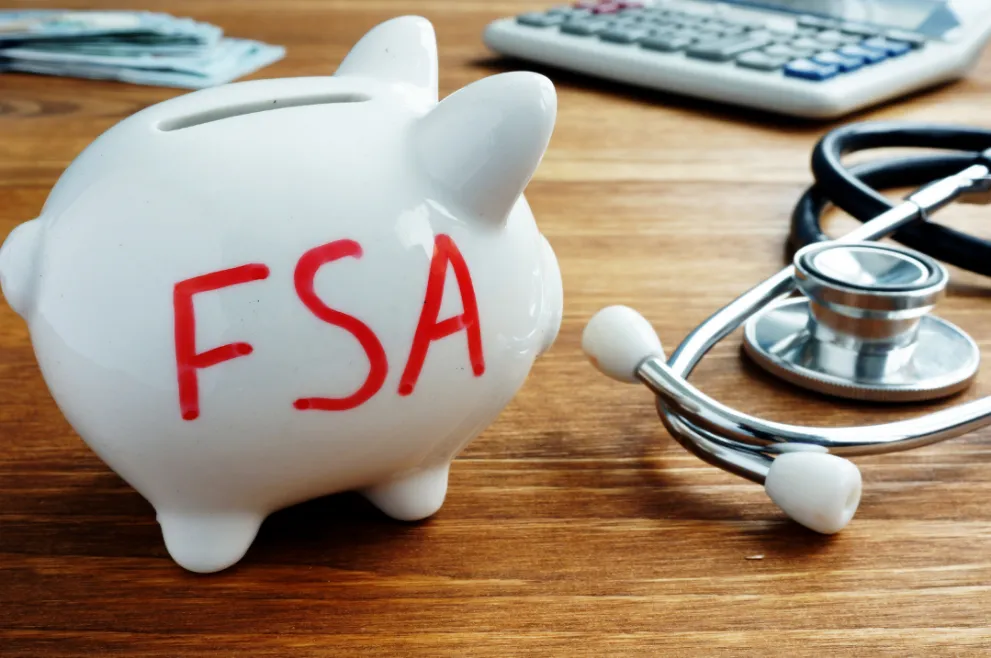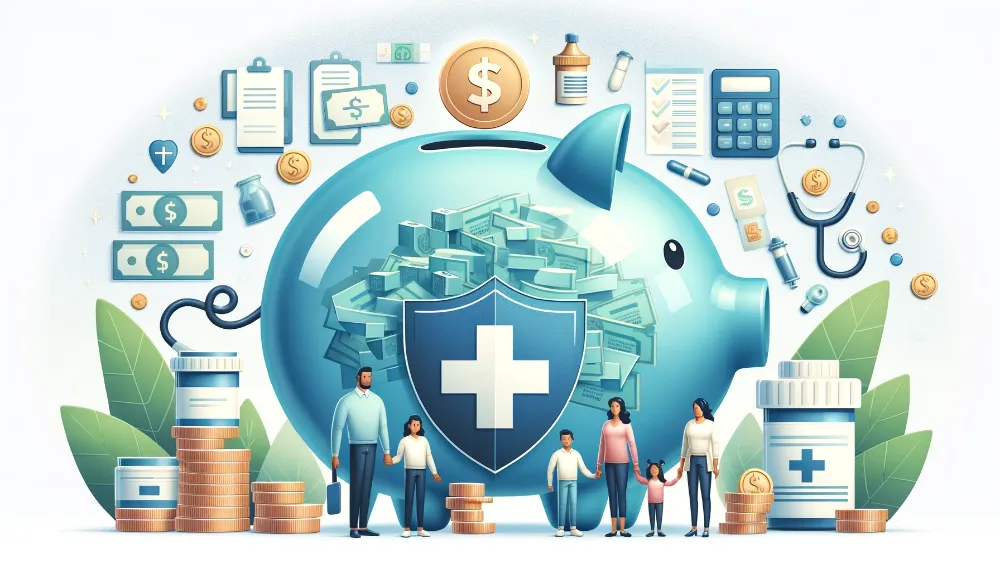Written and medically reviewed by Dorcas Morak, Pharm.D
Personal and financial well-being are among the priorities of most Americans but unfortunately, provider billing errors can be a serious financial burden when combined with the growing costs of healthcare services, health insurance premiums, and prescription medications. Even though most medical costs aren't all that severe, they can still be a big problem if you are on a limited budget. It is equally important whether you have health insurance or not, and how you can save on a medical bill to avoid a larger-than-expected coinsurance.
Read on to know the amazing strategies for controlling your medical expenses.
What are the ways to save on Medical Bills?
Use an in-Network Care Provider for Insurance Services You will pay less if you use the preferred provider option of your health insurance plan than using an outsider provider network. The established relationship between your health insurance and in-network care providers makes you eligible to receive some services far cheaper than using an out-of-network care provider.
Research Service Costs Online Research approximate medical costs for your condition ahead of time from several sources and choose a more cost-effective one. You can get that information from consumer websites, individual hospitals, insurance companies, etc.
Request the Out-of-Pocket Cost Ahead of the Service Ask your doctor for the estimated service cost before scheduling your appointment and negotiate it if it is too high. You can also ask for an installment plan if you can't pay all at once.
Negotiate the Cost Ask your healthcare provider for a discount especially if you are seeking a treatment offered by many other providers in your area.
Consider Generic Prescriptions Often time, generic drugs are as effective and safe as branded drugs. So, choosing generic drugs where possible, such as atorvastatin or sildenafil will lower your medical bills.
Uses Drug Saving Cards and Coupons You can save up to 88% on your drugs using free saving cards like those at rxless The discount card is acceptable in over 70,000 pharmacies nationwide including CVS Pharmacy, Rite Aid, and Walgreens. Get the coupon and start saving.
Consider Over-The-Counter Options Ask your doctor if your condition can be treated with OTC drugs which are always cheaper than prescription ones. OTC drugs are not covered by insurance but if you have a prescription for OTC drugs, you can pay for it with tax-free dollars from an HSA or FSA as well as your free RxLess discount card.
Check for Billing Errors Confirm that you received all the services, medications, and other items listed on your bill. Compare your medical chart and/or pharmacy ledger to the doctor's orders for service discrepancies.
Request Audits of Your Medical Bills Auditing will help you uncover any improper billing on your services and prescriptions which can be caused by the error-prone nature of the processor.
Choose the Right Insurance Plan for your Needs Insurance with a low monthly premium can be tempting but you will pay more for Co-pays, deductibles, out-of-pocket maximum, etc. If you have preexisting conditions, paying a higher monthly insurance premium may be more cost-effective over the course of the year.
Establish a Health Savings Account (HAS) The tax-free HSA will help you with paying for high-deductible health plan services that your insurance plan does not cover or until your deductible is met.
Use Direct Primary Care If you don't have health insurance, direct primary care will help you save costs. Here you pay a certain fee regularly that covers all basic in-office care.
Use your Insurance’s Preventive Services It is always cheaper to find and treat a minor health issue before it becomes major. Using the preventative services available to you from your health insurance plans, such as vaccines and screening tests, will help you find some health issues early and treat them before they become major. Plus, preventative care services are often free with your insurance.
Live a healthy lifestyle Living a healthy lifestyle saves you money on healthcare costs in the long run. Therefore, eat a healthy diet, exercise regularly, use safety gear, avoid smoking, and manage stress.

















